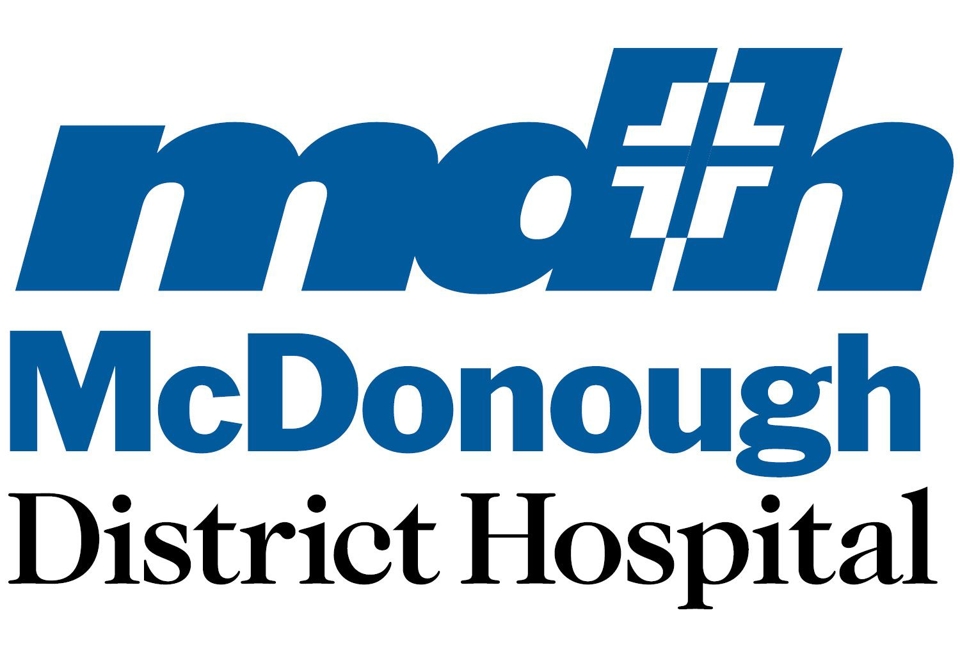From the Office of Senator Dick Durbin
MACOMB, Ill. – U.S. Senate Majority Whip Dick Durbin (D-IL) today (Aug. 7) met with McDonough District Hospital’s leadership team to discuss the challenges that patients and providers in rural communities face. During the visit, Durbin discussed his Rural Hospital Closure Relief Act, legislation he introduced with Senator James Lankford (R-OK), that would support financially vulnerable rural hospitals facing risk of closure. Durbin also spoke about his new “Roadmap to Grow Illinois’ Rural Health Workforce,” a partnership with hospitals, community health centers, medical and nursing schools, community colleges, dentists, physicians, and nurses to organize efforts and provide new funding to address health care workforce shortages and staffing crises in rural Illinois.
“Rural hospitals are the backbone of the communities in Illinois and across the country, providing essential access points to health care and anchoring the local economy. Yet, many grapple with challenges in delivering quality health care—with too few medical providers and long distances between them” said Durbin. “During today’s meeting, we discussed solutions to help our rural hospitals, including proposals in my Roadmap to Grow Illinois’ Rural Health Workforce that will help build our local pipeline of health professionals to help serve more patients.”
A photo of the meeting is available here.
Durbin’s Rural Hospital Closure Relief Act would update Medicare’s “Critical Access Hospital” (CAH) designation so more rural hospitals can qualify for this financial lifeline and continue to serve their communities with quality, affordable health care services. Small and rural hospitals are the backbone of their communities, and often the largest employers, contributing nearly $5 billion in direct spending on payroll, goods, and services in Illinois. Yet more than 135 rural hospitals have closed nationwide in the past dozen years, and an estimated 51 percent of rural hospitals ran operating losses last year and 450 hospitals are facing closure risk.





